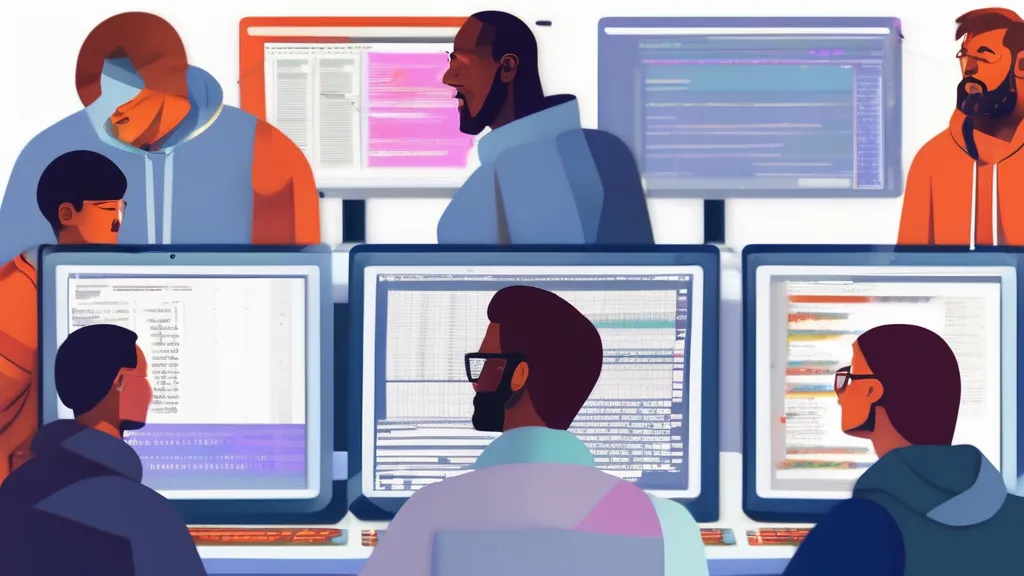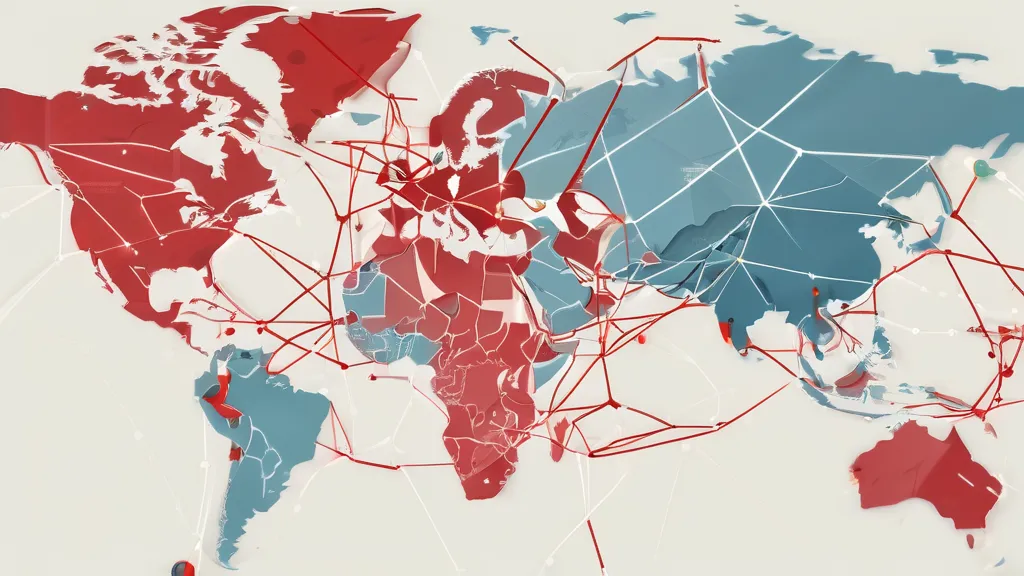The Case for Trunk-Based Development: Why the Future of Software Delivery Lies in Simplicity and Collaboration
- Trunk-based development promotes continuous integration and collaboration.
- It reduces lead time and enhances software quality.
- Adopted by leading companies like Google and Netflix.
- Addresses economic and cultural challenges in software development.
The Evolution of Software Development Practices
In the ever-evolving landscape of software development, methodologies and practices have undergone significant transformations, each promising to optimize productivity, enhance collaboration, and improve the quality of software delivery. Among these, trunk-based development emerges as a practice that is both highly debated and increasingly adopted by leading organizations. But what exactly is trunk-based development, and why should the software industry care?










